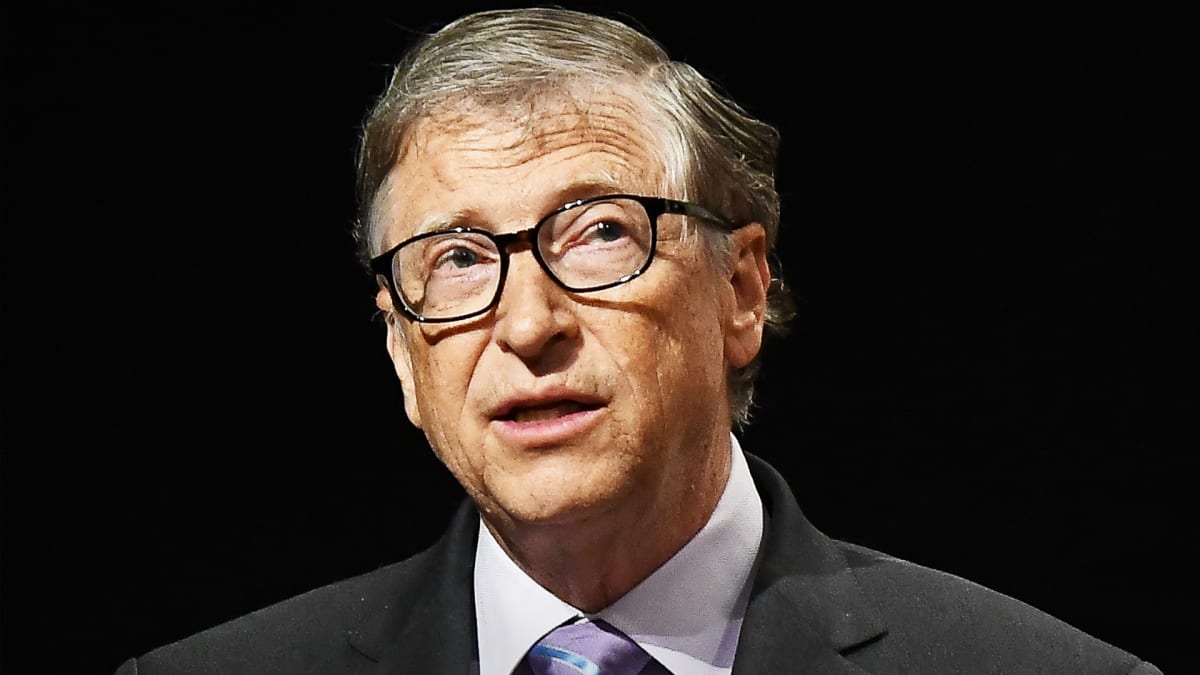
Although generative artificial intelligence has permeated news and social media feeds since ChatGPT's launch in November, the powerful -- and regularly evolving -- technology has thus far remained separate from search engines.
Yes, AI has been part of internet search for a long time; it is responsible for search suggestions as well as ranked websites. But generative AI has yet to be incorporated into that experience.
Microsoft (MSFT) co-founder Bill Gates says the technology will eliminate the need for search engines entirely.
DON'T MISS: AI Companies Beg For Regulation
Speaking at AI Forward 2023, an event hosted by Goldman Sachs and SV Angle, Gates said that the company that will eventually win the AI race will do so by developing a personal digital assistant.
Gates said that people with access to this assistant will "never go to a search site again, you will never go to a productivity site, you'll never go to Amazon (AMZN) again."
This AI assistant -- which is not yet in open development -- will be capable of anticipating its human's needs and will perform the kinds of tasks that users don't have time for, such as reading.
Gates added that we're a long way away from seeing this digital super assistant in any kind of regular, mass use.
The tech billionaire said that the winner of the AI race -- in other words, the successful developer of a personal AI assistant -- has a 50/50 chance of being a tech startup or one of the leading tech behemoths.
"I’d be disappointed if Microsoft didn’t come in there,” Gates said. “But I’m impressed with a couple of startups, including Inflection."
Inflection AI is a smaller tech startup working to bring Gates' idea of an AI assistant to life.
"Imagine your personal AI companion with the single mission of making you happier, healthier and more productive," Mustafa Suleyman, the CEO of Inflection and a co-founder of Deep Mind, wrote. "We don’t have all the answers, but we are setting out to develop a personal intelligence that really does work for you. Our mission is to firmly align your AI with you, and your interests, above all else. It means designing an AI that helps you articulate your intentions, organize your life and be there for you when you need it."
Gates went on to discuss the potential health innovations posed by AI, saying that the technology could lead to the kind of drugs capable of curing Alzheimer's and similar diseases.
He also touched on the potential job-loss risk posed by the technology, saying that AI-powered robots will impact both white-and-blue-collar workers as the innovation will be much cheaper to use than humans.
AI expert Professor Gary Marcus testified during last week's senate hearing on AI oversight about the enormous risk to jobs that is presented by this technology.
"I think in the long run, artificial general intelligence really will replace a large fraction of human jobs," he said.


.png?w=600)




